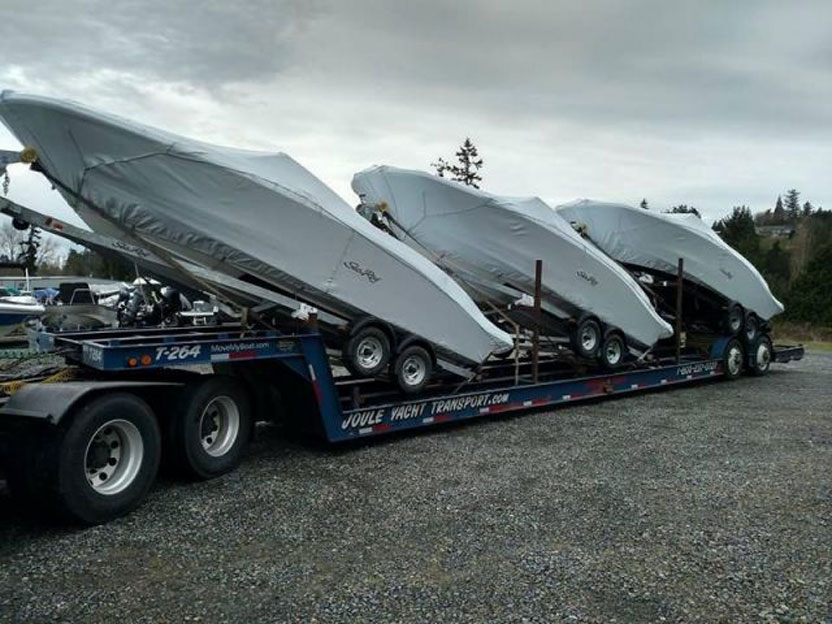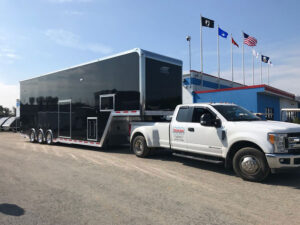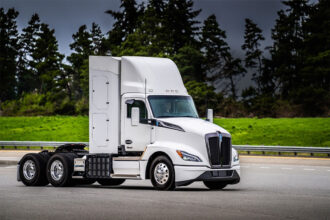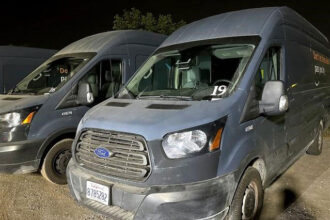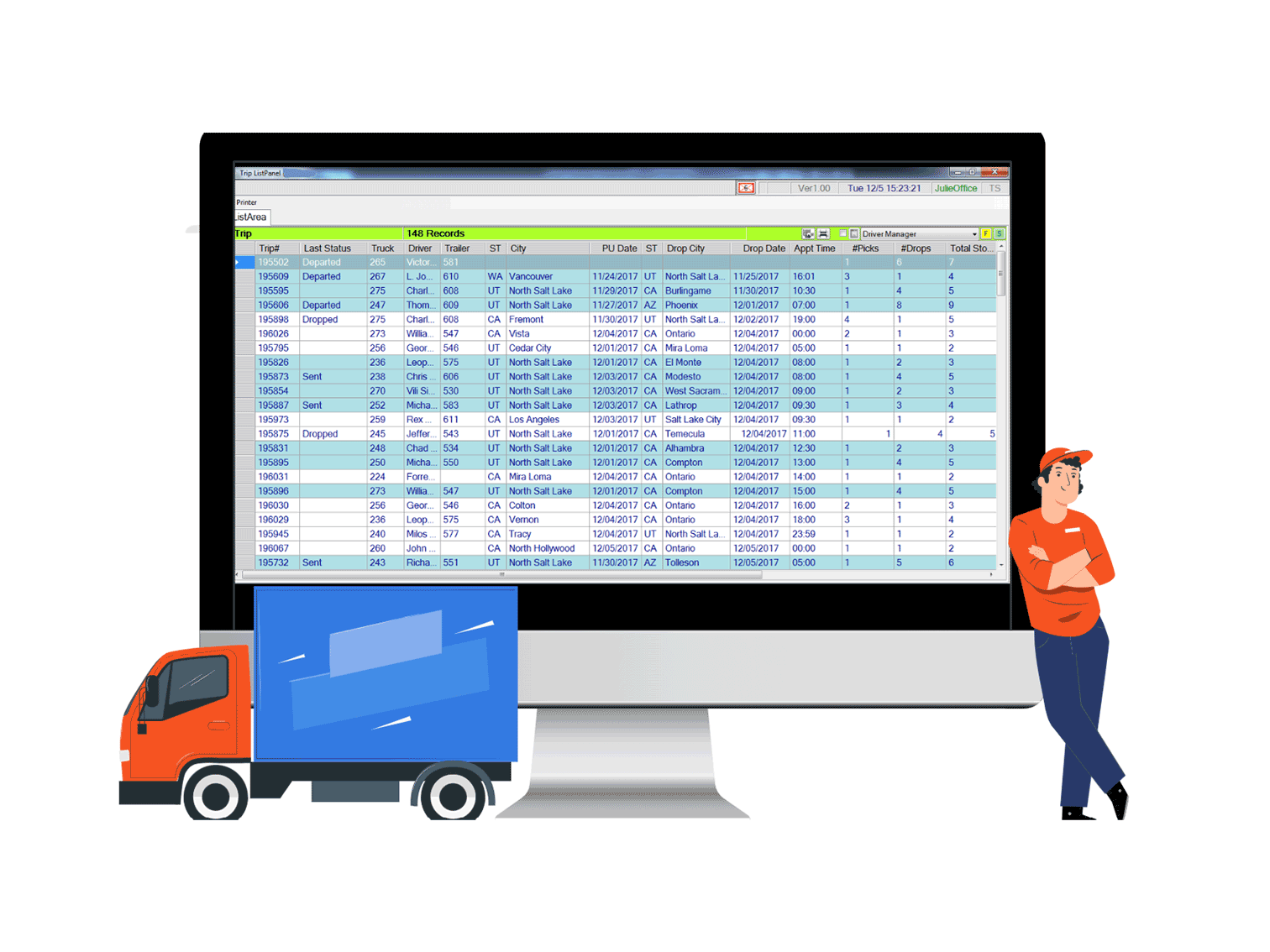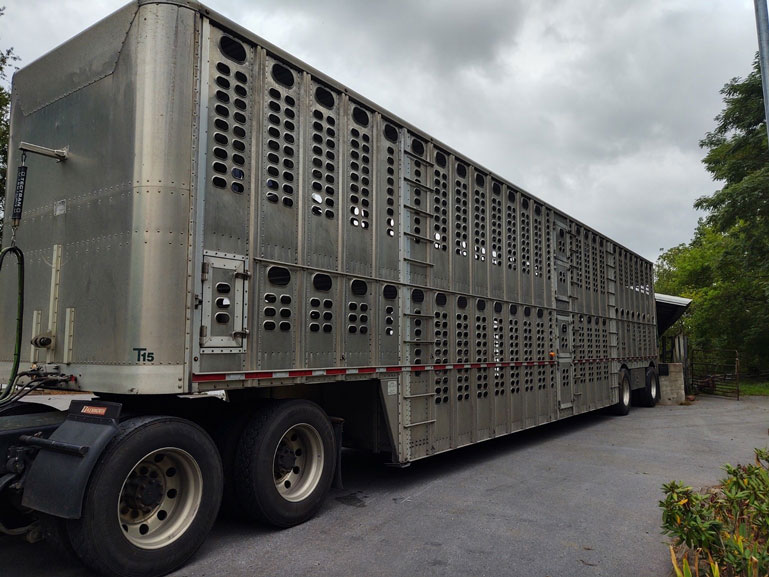Table of Contents
Introduction
So, you’ve got a truck, a trailer, and a hankering for the open road, but before you chart your course and set sail, there’s a critical decision to make: choosing the right legal structure for your enterprise.
Should you set sail as a sole proprietor or navigate the waters as a Limited Liability Company (LLC)? Setting up as an LLC is a popular choice. Read on to find out why it might be the best fit for your boat hauling business.
Boat Hauler Business: Should I Set Up As An LLC?
Understanding an LLC
Benefits of Setting Up as an LLC
1. Limited Liability Protection
2. Tax Flexibility
3. Credibility and Professionalism
4. Ease of Management
Is an LLC Right for You?
1. Business Size
2. Taxes
3. Compliance Requirements
Steps to Form an LLC for Your Boat Hauler Business
1. Choose a Business Name
2. File Articles of Organization
3. Create an Operating Agreement
4. Obtain Necessary Permits and Licenses
5. Get an EIN
Recap
Understanding an LLC
Think of your business structure as the kind of life jacket you choose. A sole proprietorship might be like a basic life vest; it does the job, but might not have all the bells and whistles. An LLC, on the other hand, is more like a high-tech life raft. It shields your personal possessions, like your house and car, from any business bumps along the road.
That way, if a storm rolls in and a client decides to sue, your personal stuff stays safe and dry. Pretty cool, right? Plus, LLCs offer some tax advantages, kind of like getting a discount on your financial anchor. No more double taxation, that’s like having to pay to park your boat twice!
>>>MORE: How to Start a Boat Hauler Business
Benefits of Setting Up as an LLC
1. Limited Liability Protection
An LLC separates your personal assets from your business assets. This means that if your company faces a lawsuit or incurs debts, the LLC shields your belongings, like your car or house, from liability. This protection is particularly valuable in the boat hauling industry, where potential accidents or damaged equipment could lead to financial repercussions.
2. Tax Flexibility
One of the biggest wins with LLCs is their tax treatment. They’re considered pass-through entities, meaning the business itself doesn’t get taxed on its profits. Instead, those profits (or any losses) get “passed through” and reported on your personal tax return. This can be a major advantage compared to other structures.
But here’s where things get even better: LLCs offer flexibility. By default, the IRS taxes a single-member LLC like a sole proprietorship, and a multi-member LLC like a partnership.
But that’s not all! You have the option to elect to be taxed as an S corporation or a C corporation if that better suits your business situation. This gives you the power to choose the tax structure that minimizes your tax burden and maximizes your financial benefit. Talk about having your cake and eating it too!
3. Credibility and Professionalism
Operating as an LLC can enhance your business’ credibility. Clients and partners may view an LLC as more professional and stable compared to a sole proprietorship. This perception can lead to more business opportunities and the potential to attract high-paying clients.
4. Ease of Management
An LLC is relatively simple to manage. Unlike corporations, LLCs have fewer formalities and record-keeping requirements. This simplicity allows you to focus more on growing your boat hauling business and less on administrative tasks.
Is an LLC Right for You?
While LLCs offer great protection, they’re not a one-size-fits-all solution. Here are some factors to consider:
1. Business Size
If you’re planning a small, solo operation, an LLC might be overkill. The simplicity of a sole proprietorship might suffice initially. However, if you plan to grow your business or bring on employees, an LLC becomes more attractive.
2. Taxes
Consult with a tax advisor to understand the tax implications of an LLC in your specific situation. While pass-through taxation can be beneficial, they can help you understand the specific tax landscape for LLCs in your situation and ensure you’re optimizing your tax strategy.
3. Compliance Requirements
Maintaining an LLC requires some ongoing upkeep, such as filing annual reports and keeping separate business bank accounts. Ensure you’re prepared to handle these administrative tasks.
>>>PRO TIPS: Boat Hauler Business Accessories you Need to Succeed
Steps to Form an LLC for Your Boat Hauler Business
1. Choose a Business Name
To Form an LLC for Your Boat Hauler Business, select a unique name that complies with your state’s LLC naming rules. Ensure the name is not already in use by another business and includes “LLC” or “Limited Liability Company.”
2. File Articles of Organization
To Create an LLC for Your Boat Hauler Business, you need to file a document called the Articles of Organization with your state’s business filing office. Think of it as a birth certificate for your LLC. This legal document establishes your business’s existence and acts as a record with the state. The Articles of Organization typically include basic information like your business name, address, and the names of the members (owners) of the LLC. Filing this document is a crucial step in making your LLC a recognized legal entity.
3. Create an Operating Agreement
To Organize an LLC for Your Boat Hauler Business, create an operating agreement. Although not always required, an operating agreement outlines the ownership and operating procedures of your LLC. It can prevent conflicts among members and provide a clear management structure.
4. Obtain Necessary Permits and Licenses
To Initiate an LLC for Your Boat Hauler Business, Ensure you have all the necessary permits and licenses to operate your boat hauling business legally. This might include general business licenses, vehicle registration, a CDL (if required), and potentially permits for oversized loads. Check with your local and state government for the specifics.
5. Get an EIN
To Establish an LLC for Your Boat Hauler Business, An Employer Identification Number (EIN) from the IRS is essential for tax purposes and for opening a business bank account. It also allows you to hire employees if needed.
Recap
Starting your boat hauler business as an LLC can offer you significant advantages, from shielding your personal assets to providing tax flexibility and enhancing your professional credibility. By setting up an LLC, you can protect your belongings from business liabilities, choose the most favorable tax structure, and present a more professional image to your clients.
Managing an LLC is simpler than a corporation, allowing you to focus on growing your business. Consider your business size, tax situation, and compliance requirements to decide if an LLC is right for you. Follow the steps to establish your LLC, including choosing a business name, filing articles of organization, creating an operating agreement, obtaining necessary permits, and securing an EIN. With these steps, you can confidently set sail on your boat hauling venture.


